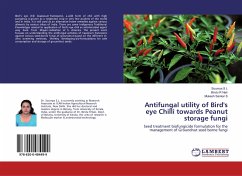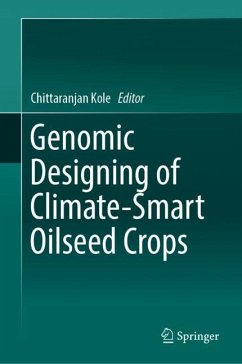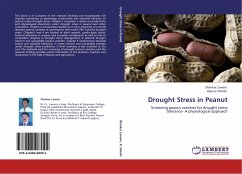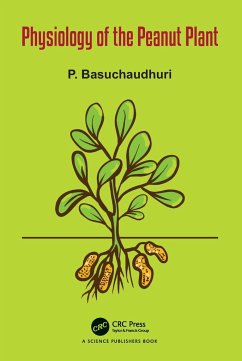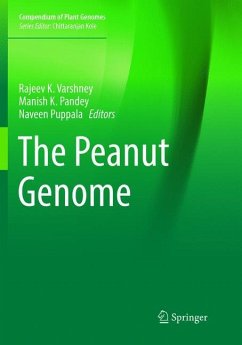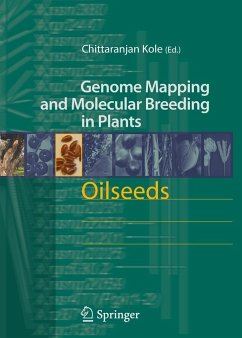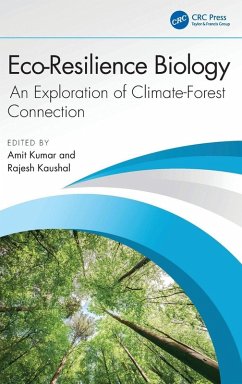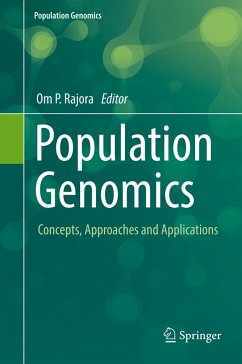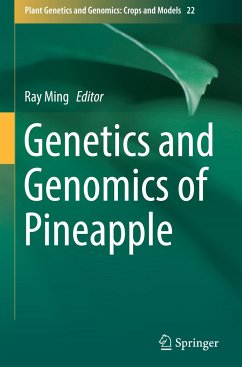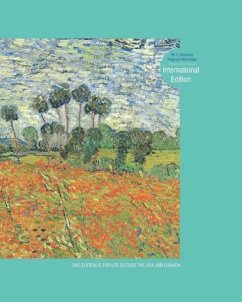Prof. Weijian Zhuang is a senior scientist specializing in genomics, molecular and cell biology, genetics, and breeding and has over 38 years of service at Fujian Agriculture and Forestry University (FAFU, China), UC Berkeley, UCLA, UC Davis, and TUSKEGEE University as a research fellow and postdoc appointee or visiting professor. He is serving FAFU as a director, Oil Crop Research Institute; Centra for Legume Plant Genetics and System Biology. He has served as the head of the Fujian Province Key Laboratory of Plant Molecular and Cell Biology and is now a guest/special professor or PI at several universities, provincial and ministry key laboratories, and state key laboratories in Fujian and other provinces. He is vice-chairman/executive member of the Plant Biotechnology and Industrialization Professional Committee of Chinese Society for Plant Biology, as well as other national crop societies and provincial academic societies. He has hosted several national conferences on plant biotechnology and oil crops. He is the principal investigator on over 40 national and provincial research projects. Focusing on peanut, he has published over 200 papers in national and international journals, a book, and chapters for several other books; released 18 peanut varieties into application; obtained 28 patents; and won seven prizes for contributions to science and technology from Fujian Province and the Ministry of China. In 2019, by leading an international research team, his group was first to decode the tetraploid cultivated peanut genome, greatly promoting peanut scientific research. He won distinguished expert of Fujian Province and the state council allowance of China. Professor Rajeev K. Varshney FRS is an agricultural research scientist specializing in genomics and molecular breeding with more than 20 years of service in international agriculture while working in India, Germany, Australia, Mexico, and several countries in Africa. At present, he is serving Murdoch University (Australia) as a director of the Centre for Crop & Food Innovation; director of the State Agricultural Biotechnology Centre; and International Chair in Agriculture & Food Security with the Food Futures Institute. He is an Honorary or Adjunct Professor with more than ten universities/organizations in China, Australia, Africa, and India. Prof. Varshney is a globally recognized leader for his work on genome sequencing, cataloguing and utilizing genetic diversity, genomics-assisted breeding, seed systems, and capacity building in developing countries. He has made centrally important contributions in the area of assembling genomes, developing genomic resources, and integrating genomic technologies in crop improvement programs in many tropical crops. His research has contributed towards enhancing farmers' profitability and environmental sustainability in Australia and improving food and nutrition security in India and several countries in Africa and Asia. Professor Xingjun Wang is a senior scientist at the Institute of Crop Germplasm Resources, Shandong Academy of Agricultural Sciences (SAAS), Jinan, China. He is the former director general of Biotechnology Research Center, SAAS. He is the Master and PhD student supervisor of Shandong University and Shandong Normal University. He is the vice chairman of the Shandong Genetics Society. He is an executive member of the Oil Crop Branch of the Crop Science Society of China and an executive member of the High Technology Branch of the China Association of Agricultural Science Society. He is a Taishan Scholar Expert and a Distinguished Expert of Shandong Province. He received his Ph.D. from the Life Science College of the National University of Singapore (NUS) and completed his postdoctoral research at the University of California, Los Angeles (UCLA). Professor Wang has focused on peanut functional genomics, genomics, gene identification, DNA marker development, germplasm innovation, and molecular breeding since 2006 in SAAS. He is the principal investigator on more than 20 national and provincial projects, including the regular NSFC project and NSFCCGIAR project. He has published more than 180 papers in national and international journals, edited the book Studies on Peanut Biotechnology, and wrote chapters for several books. He has been awarded six prizes for Progress in Science and Technology from Shandong Province and the Ministry of Agriculture and Rural Affairs of the People's Republic of China. He won the Outstanding Contribution Award for peanut genomics studies. He has given talks at different national and international congresses and hosted the 11th International Conference of the Peanut Research Community on Advances in Arachis through Genomics and Biotechnology (AAGB), held in 2019 in Jinan, China. Prof. Xinyou Zhang is a member of Chinese Academy of Engineering (CAE), the president of Henan Academy of Agricultural Sciences (HAAS), and the chief scientist of China's National Peanut Industry Technology System affiliated to the Ministry of Agriculture and Rural Affairs. He has been serving as a researcher specializing in the genetic improvement of peanut at HAAS for over 40 years, where he initiated a distant hybridization program and made great technological progress in deriving valuable germplasm lines integrating elite traits from wild Arachis species. The variety "Yuanza 9102," developed and released by his group, has become the most widely grown peanut variety developed through interspecific hybridization. He has also actively participated in organizing and implementing the International Peanut Genome Initiative, contributing to the completion of genome sequencing for peanut cultivars and their diploid ancestors. Prof. Xinyou Zhang is one of the leading scientists in peanut breeding in China. He has made significant contributions in variety improvement and breeding technology innovations. The "Yuhua" and "Yuanza" series of peanut varieties released by his group have been grown over a total area of over 10 million hectares, substantially facilitating the development of China's peanut industry, assisting Chinese farmers in increasing their income, and ensuring a stable supply of edible vegetable oil in China.






